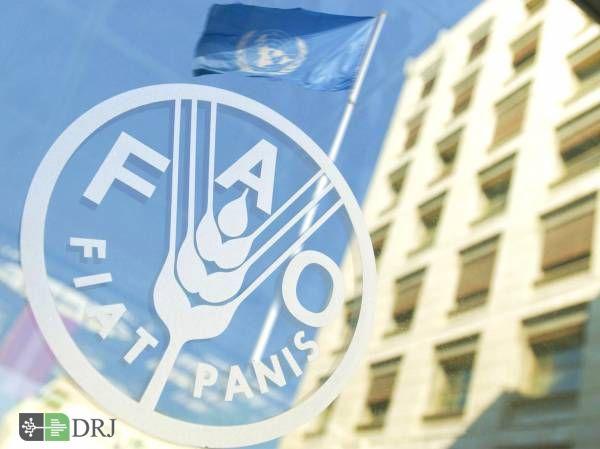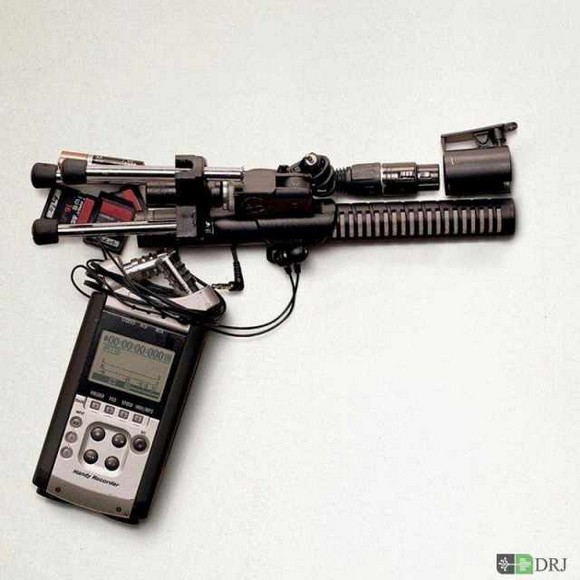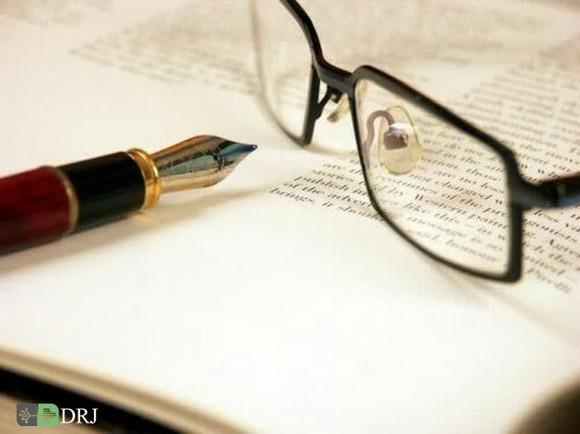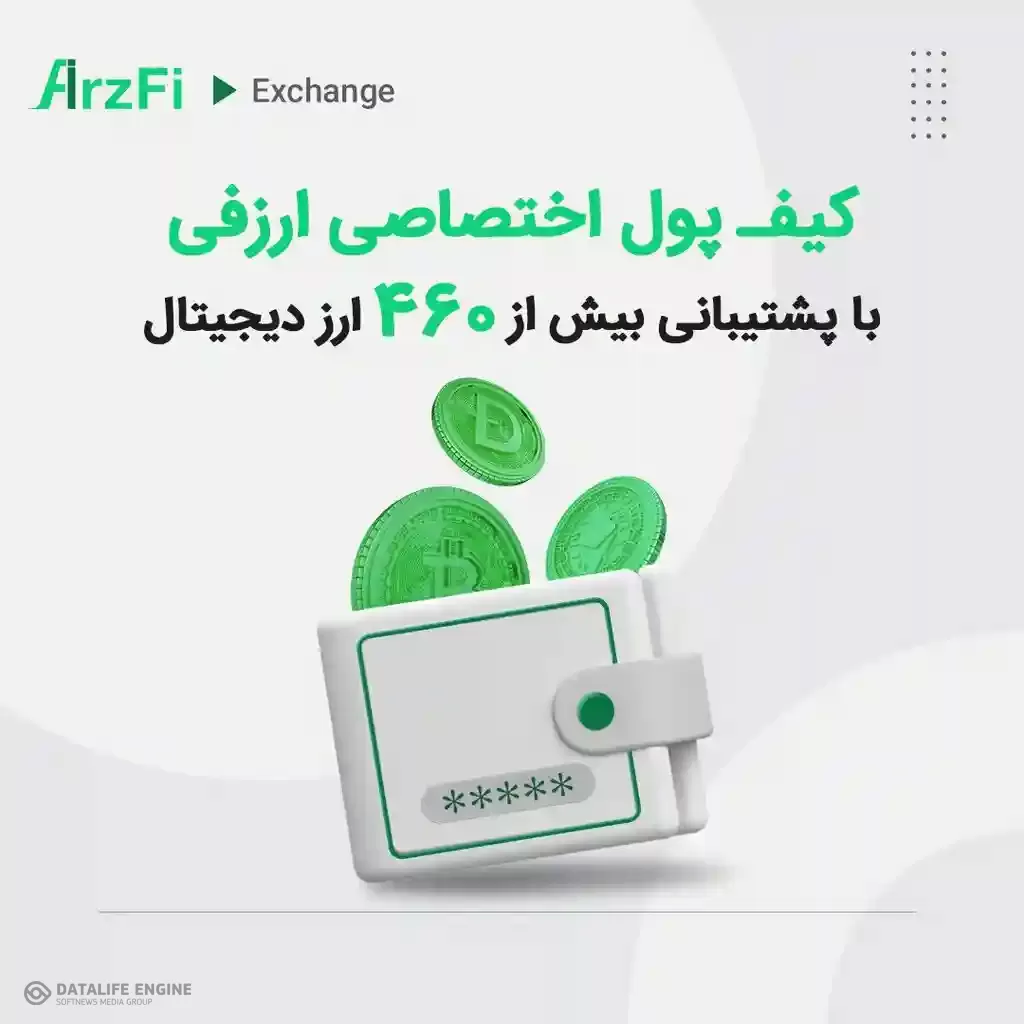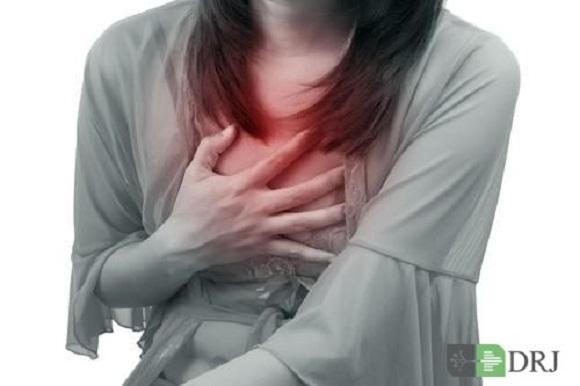We’re all guilty of discarding old devices for new ones. But there is great opportunity for electronic waste in the region. Containing precious metals like gold, silver, copper and aluminium, e-waste can feed local industries and become a profitable export. May El-Habachi finds out more.
Often lured by the promise of better and more efficient technology, we give little thought to replacing old gadgets. But while computers and mobile phones may have revolutionised the way we lead our lives, they have also created an enormous waste problem in the Middle East and North Africa (Mena).
According to a recent UN report, the world produced 44.7 million metric tons of electrical and electronic waste (e-waste) in 2016. To put that into context, that’s about 4,500 Eiffel Towers. To make matters worse, only 20 percent of this waste goes to recycling.
In MENA, the recycling rate is much lower. Only five per cent of e-waste is sent for recycling, most of it gets shipped out to China, India and Southeast Asia. The rest – usually containing toxic materials such as mercury, lead and arsenic – is dumped in landfills.
“This is very hazardous to the environment,” says Ghada Moghny, senior programme specialist at the Center for Environment & Development for the Arab Region and Europe (CEDARE). “The plastic shell of most electronics is not biodegradable. Once it breaks apart, materials from inside the plastic will find its way to the soil and contaminate it.”
Why e-waste matters
On the flip side, there is great opportunity for e-waste in the region. Containing precious metals like gold, silver, copper and aluminium, e-waste can feed local industries and become a profitable export.
“E-waste is a lucrative industry,” says Moghny. “Besides the precious materials found in waste, e-waste can create a lot of opportunities for skilled and unskilled workers, which ultimately can boost the economic growth and development of a country.”
Egypt, one of the most populous countries in MENA, produces the most e-waste in the African continent. It recently partnered with the Sustainable Recycling Industries (SRI) Programme from Switzerland, to create regulations for sustainable e-waste recycling for the public sector, most notably the government.
Moghny explains that one of the biggest suppliers of e-waste is the government, through periodic auctions managed by the General Authority for Governmental Services (GAGS). Now with the new regulation, GAGS must separate e-waste from other waste before selling it by the ton.
Bidders participating in the auction must also be accredited by the Environment Impact Assessment (EIA) to ensure that e-waste is disposed of through certified recyclers.
“While more needs to be done to address the private sector and consumers in general, this is a major achievement,” says Moghny.
Although Egypt does not yet have laws and legislation specific to e-waste management, Moghny is optimistic about the future: “I’m very hopeful that it will happen soon.”
On the opposite end of the spectrum, the UAE is very active in managing its e-waste. While it does not yet have specific legislative dealing with e-waste, it recently passed a new law, the first in the region, to regulate the managing and disposal of its waste.
The region’s largest e-waste recycling plant is expected to be completed by 2020 in Dubai Industrial Park., where all end-of-life electrical and electronic equipment can be recycled. Another waste-to-energy plant and electronic waste recycling facility will soon open in Sharjah, expected to divert as much as 300,000 tons of solid waste from landfills each year. The emirate is hoping to reach a “zero waste-to-landfill’’ target by 2020.
Turning e-waste to gold
With e-waste becoming a promising industry, entrepreneurs in the region are starting to set-up their own businesses.
Mostafa Hemdan, a young engineer, set up Recyclobekia with fellow university students seven years ago from his parent’s garage in Tanta, a city north of Cairo.
Today, Recyclobekia sells more than $2 million of recycled e-waste each year.
Another company, Dr. Weee, recently launched an app designed to make recycling easier for consumers. The app operates in Egypt, Lebanon, Jordan, Saudi Arabia and the UAE and works by collecting and paying for e-waste from individuals and companies.
The main challenge, it seems, is raising awareness about recycling. “We have to tackle education in waste management in general, be it plastic bags, electronics, paper or glass,” says Moghny. “But awareness by itself is not enough. We have to provide alternatives and the means of recycling.”

ایده ها برای استارت آپ موجب رونق کسب و کارهای اینترنتی
آینده / استارت آپ

استارتآپها ادبیات بازار سرمایه را بلدند؟
استارت آپ
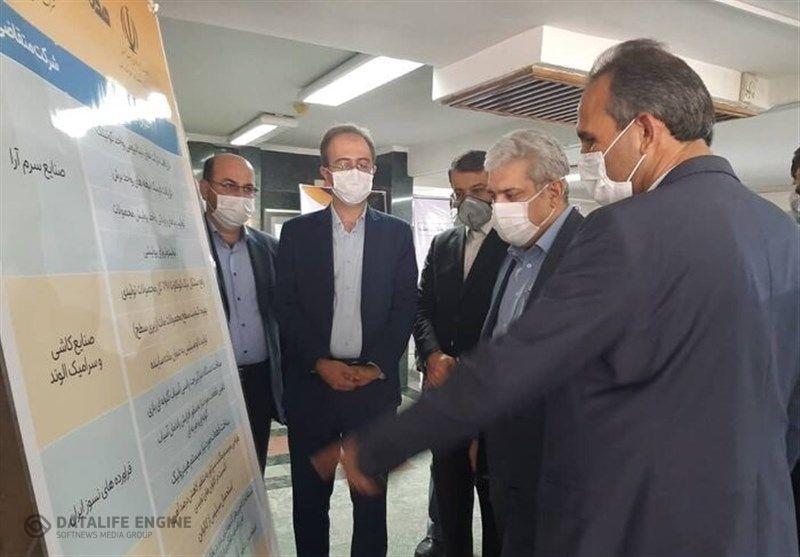
صدور تاییدیه دانش بنیانی شتابدهنده صدر فردا
اخبار / استارت آپ
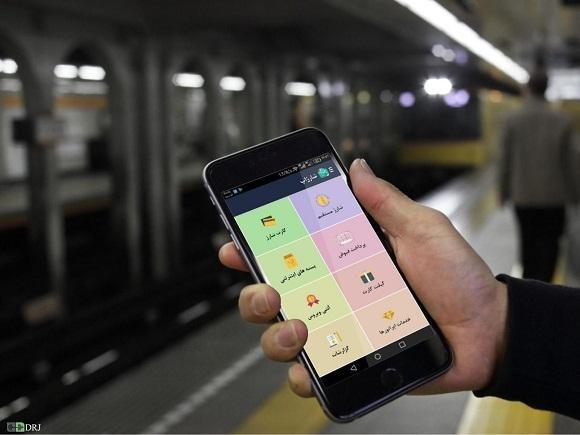
اپلیکیشن شارژاپ
گوناگون / استارت آپ / رپرتاژ آگهی / بازتاب
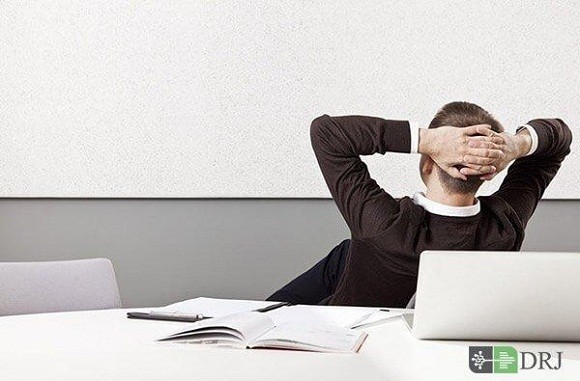
جذابترین ایدههای B2B در سال 2020
استارت آپ
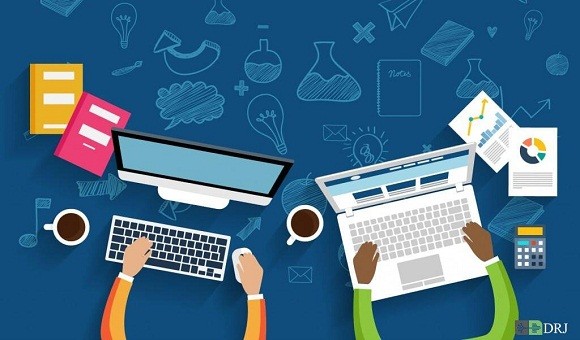
تعریف استارت آپ startup
دانشنامه / استارت آپ / مقاله

۱۰ استارتاپ که بدون سرمایه به سوددهی رسیدند
استارت آپ

ایده ها و پیشنهاد برای استارت آپ در سال جدید
راهکارها و ترفند ها / استارت آپ
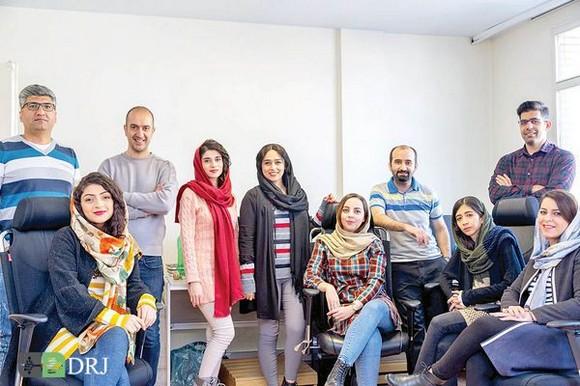
استارتآپ ایرانی؛ مرجع اول زنان افغان
استارت آپ
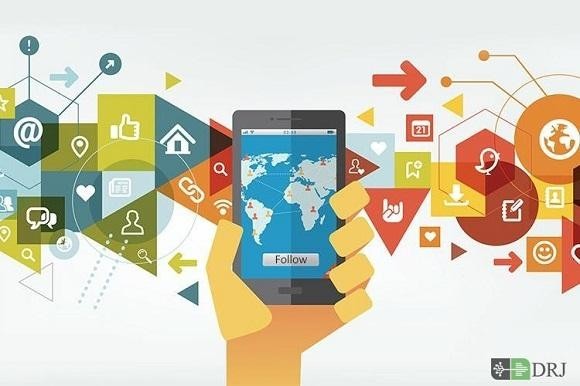
شروع یک کسب و کار نوپا پلتفرمی
استارت آپ
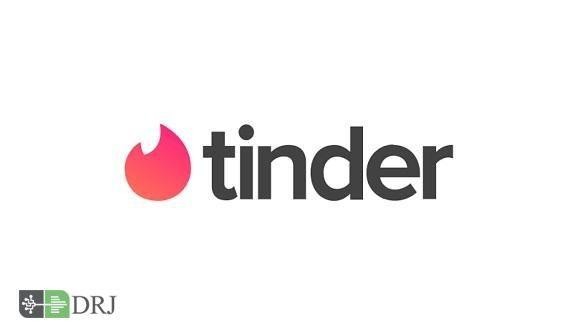
برنامه شبکه اجتماعی تیندر
گوناگون / معرفی وب سایت / استارت آپ
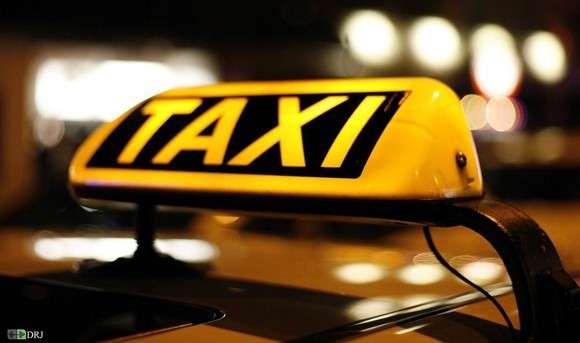
10 استارت آپ برتر تاکسیرانی جهان
استارت آپ

پخت پیتزاهای هیجان انگیز با هوش مصنوعی
آینده / استارت آپ
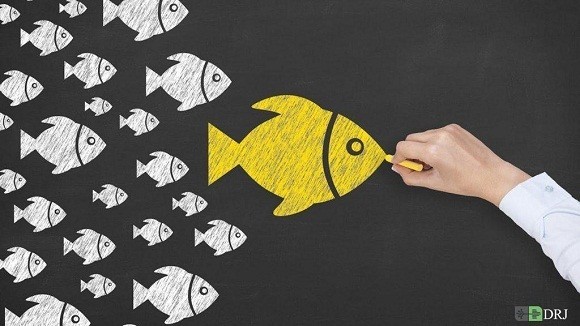
ایده های استارتاپی فراموش شده
دورنما / بازار / استارت آپ

اپل، استارتاپ فناوری خودران Drive.ai را تصاحب کرد
استارت آپ

بررسی مهمترین چالشهای تیمهای استارتاپی
استارت آپ
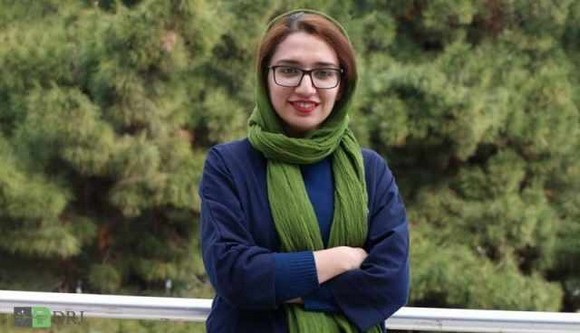
نگرانی کاربران از هزینه تعمیر و تامین قطعات
گفت و گو / بازار / استارت آپ

مصاحبه با مدیرعامل و بنیانگذار استارتاپ Moz
گفت و گو / استارت آپ
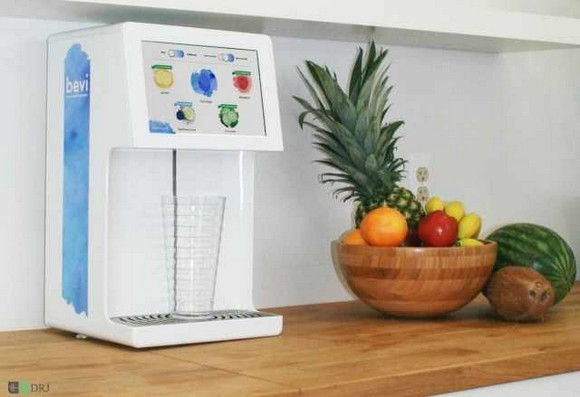
آشنایی با استارت آپ های حوزه مدیریت آب
استارت آپ
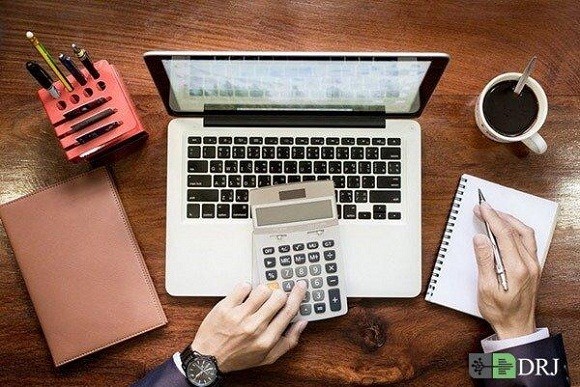
راه اندازی ۷۰ استارت آپ توسط نخبگان ایرانی
استارت آپ

معرفی هشت استارتآپ موفق ایرانی در حوزه فینتک
استارت آپ

اولین مرورگر شرعی دنیا
استارت آپ
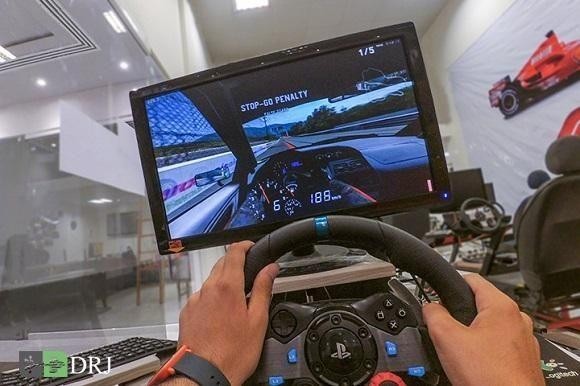
از صفر تا پیست
استارت آپ
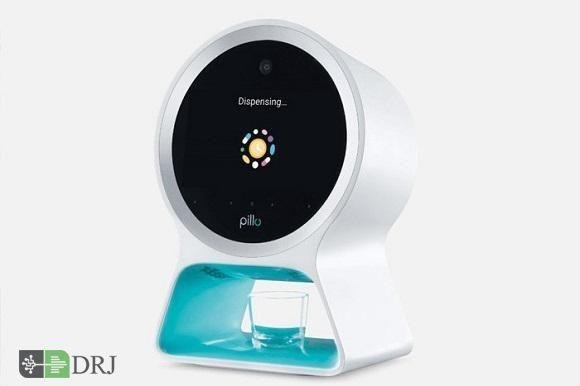
معرفی برترین استارتاپهای CES 2019
اخبار / استارت آپ
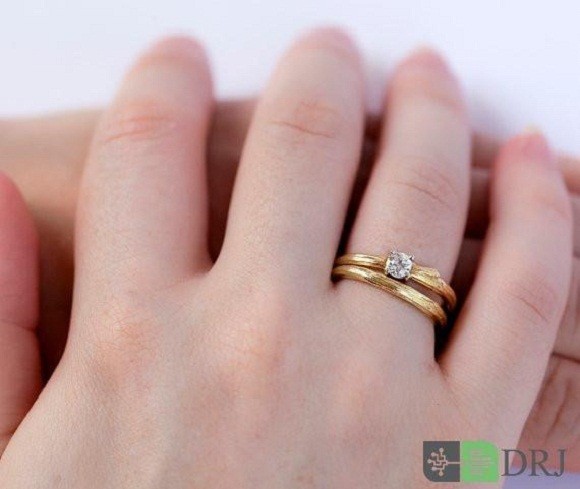
ازدواج با فرد ثروتمند یا خوش اخلاق
سبک زندگی / برترین ها
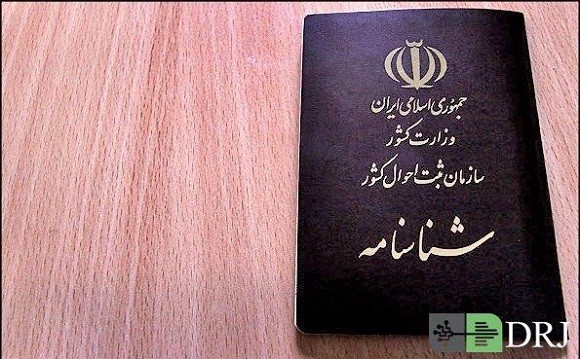
هدف از تشکیل خانواده چیست
سبک زندگی

اول عاشق شویم، بعد ازدواج کنیم
سبک زندگی

خانواده چیست
سبک زندگی

مشاوره خانواده چیست؟
سبک زندگی

اولویتهای پسانداز خانواده چیست؟
سبک زندگی

هزینه های خانواده چیست؟
سبک زندگی

راهکار بیشتر حرف زدن اعضای خانواده چیست؟
سبک زندگی

چرخه زندگی و خانواده چیست؟
سبک زندگی

اهداف و اصول تشکیل خانواده
سبک زندگی
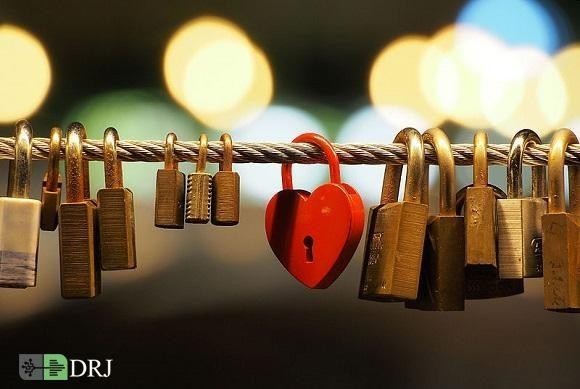
آموزش جنسی نادرست به سبک خانم جلسه ای
سبک زندگی
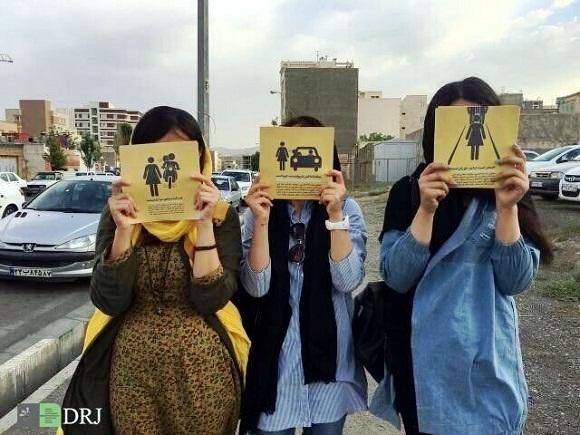
لطفا تماشاچی آزار زنان نباشید!
سبک زندگی
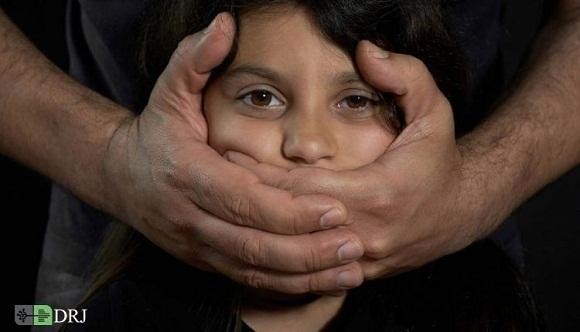
کودک آزاری؛ از نشانهها و دلایل تا درمان
گزارش / سبک زندگی / پرورش کودکان

روش های تعیین هدف و مسیر زندگی برای رسیدن به موفقیت
سبک زندگی
مجله اینترنتی دیپروتد نشریه مجازی بر بستر اینترنت به مسائل آموزشی و مقالات پیرامون کسب وکار های نوپا یا استارت آپ ها و سبک زندگی است فعالیت و محتوای مطالب ارائه شده در سایت همه بیشتر در حوزه مدیریت، کارآفرینی ، روانشناسی ،اقتصادی و فناوری اطلاعات است نام اصلی دیپروتد "ریشه های عمیق " با مجوز رسمی از هیات نظارت برمطبوعات مشغول به فعالیت است
ما را در شبکه های اجتماعی دنبال کنید
تمامی حقوق برای سایت فوق محفوط است.
S-TECH: ایرانی توانمند | Powered by: مجله اینترنتی دیپروتد


